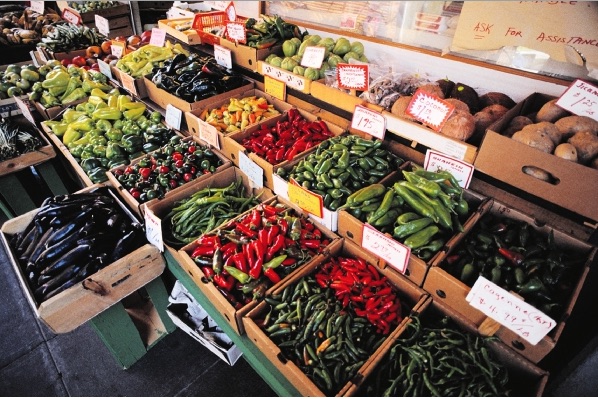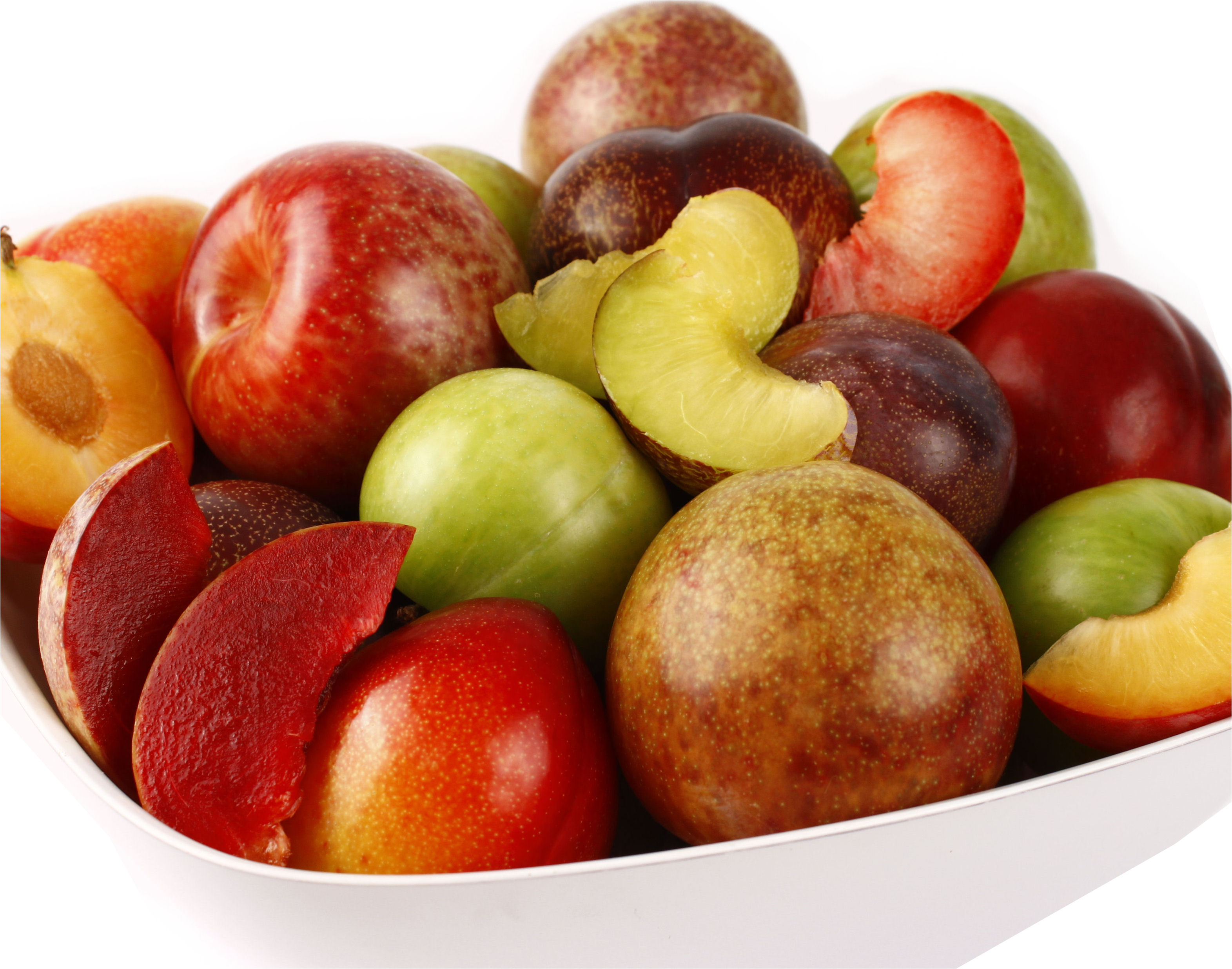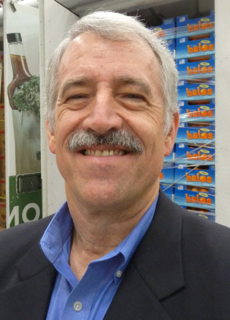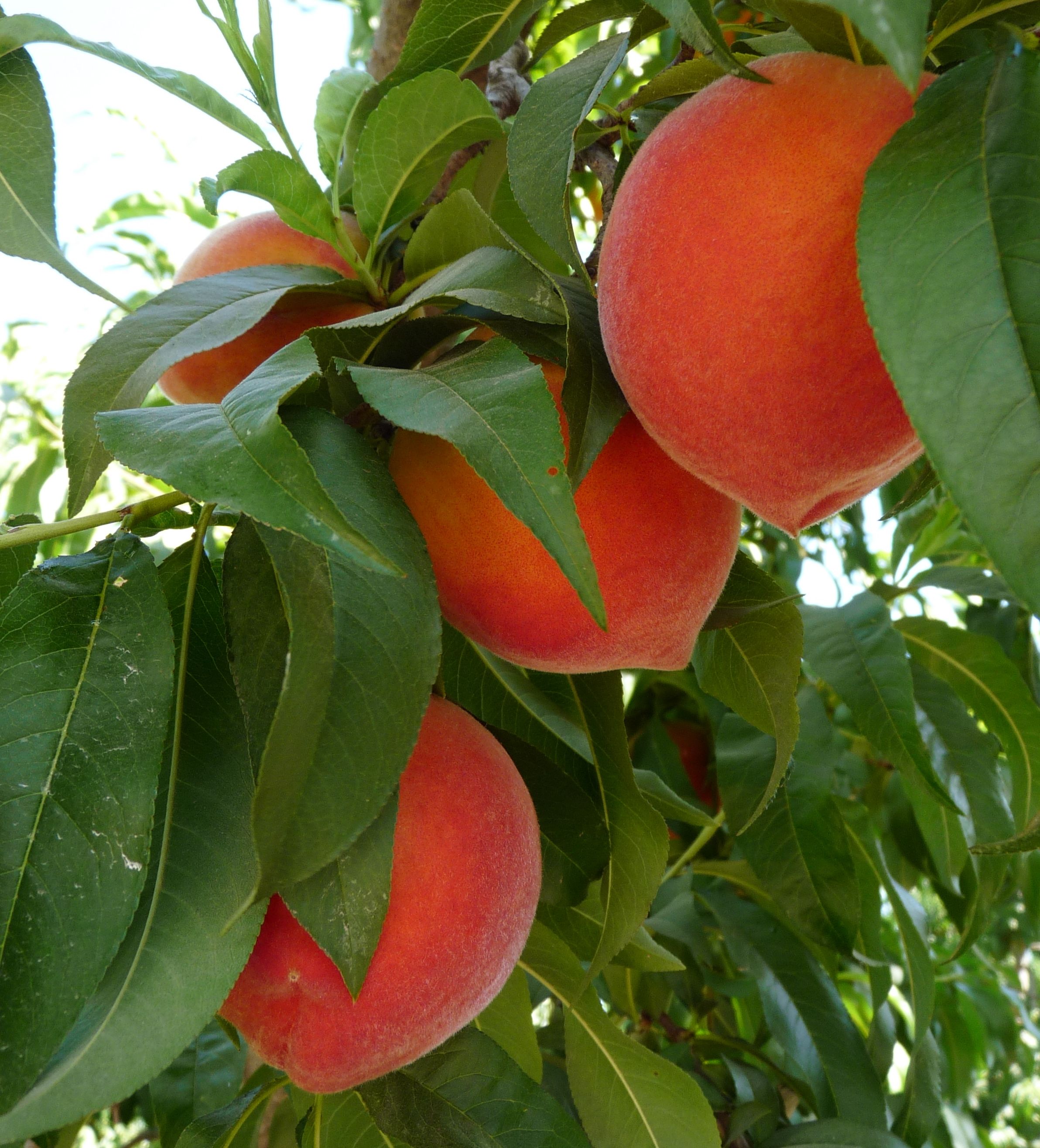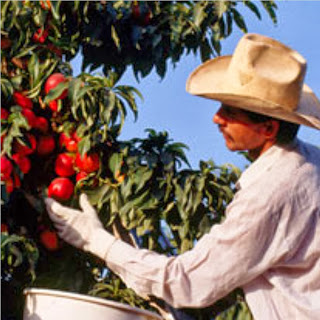Produce Passes All Residue Testing in 2017
FDA Produce Residue Sampling “Once Again” Verifies Safety
Last week the Federal Food and Drug Administration (FDA) released its 2017 pesticide residue sampling data results. FDA concluded: “The latest set of results demonstrate once again that the majority of the foods we test are well below the federal limits set by the Environmental Protection Agency.”
Note the term “once again” in FDA’s statement. They used it because government residue sampling data year after year reaffirms the safety of our food and the exceptionally high level of compliance among farmers with laws and regulations covering the use of organic and conventional pesticides.
Let’s get a little technical for a moment and focus on how FDA residue sampling is protective of consumers. FDA employs a three-fold strategy to enforce the Environmental Protection Agency’s (EPA) tolerances or safety standards for pesticide residues.
If you haven’t heard – September is National Fruit and Vegetable month. Yes, it is time to celebrate the only food group health experts and nutritionists agree we should all eat more of every day for better health and a longer life.
While decades of studies have shown the nutritional benefits of fruits and vegetables are overwhelming and significant, the safety of both organic and conventional produce is also impressive. Government sampling data shows an over 99% compliance rate among farmers with the laws and regulations required for pesticide applications on organic and conventional fruit and vegetable crops. This led the United States Department of Agriculture to state that: “The U.S. food supply is among the safest in the world.”
Many health organizations are promoting National Fruit and Vegetable month to remind consumers about the importance of increasing consumption – only one in 10 of us eat enough of these nutrient-packed foods each day.
However, studies show a growing barrier to consumption is fear-based messaging which inaccurately calls into question the safety of the more affordable and accessible fruits and veggies. This messaging is predominantly carried by the same activist groups year after year despite studies which show that “prescriptions” for fruits and veggies could reduce health care costs by $40 billion annually. Or that 20,000 cancer cases could be prevented each year.

